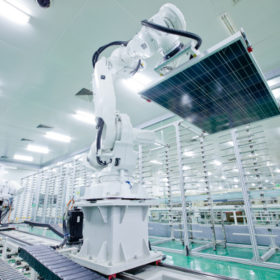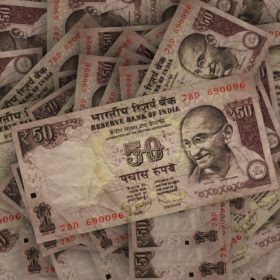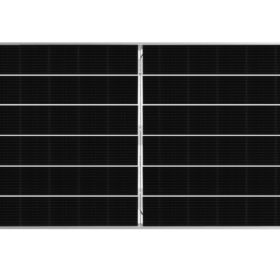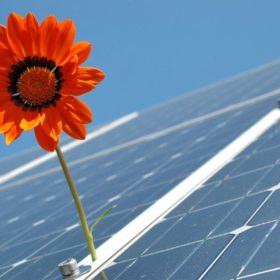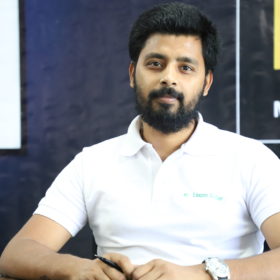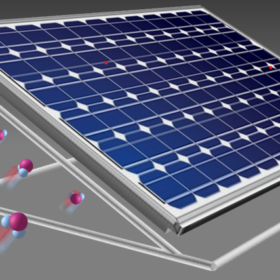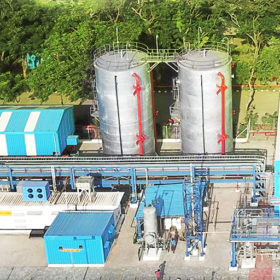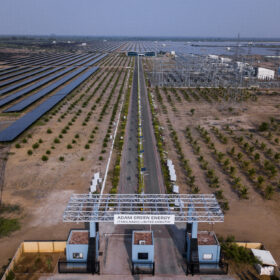China’s JinkoSolar the biggest module supplier to India in first quarter
All the JinkoSolar PV modules shipped to India during January to March period of 2020 are based on mono PERC technology, comprising full-cell and half-cell modules.
Covid-19 impact: Acme Solar wants to abandon record-low solar price tariff
The developer wants to cancel the power purchase agreement it signed in 2018 for a 600 MW project awarded at a tariff of Rs2.44/kWh, as it fears Covid-19-affected commissioning of the project will stretch beyond the six-month extension from the scheduled date enshrined in the agreement.
Jinko launches PV module with record output of 580 W
The panel is part of the company’s new Tiger Pro series, which includes two 530 W modules and a 430 W product for distributed-generation applications. It will begin production of the series in the fourth quarter, although it will start accepting first orders immediately.
New method for life cycle assessment of PV technologies
Researchers in Australia have conducted a ‘cradle to grave’ life cycle assessment (LCA) of the four most widely used PV technologies. The academics say that cadmium telluride solar modules have the lowest life cycle impact, followed by amorphous, multi and monocrystalline silicon products.
Most module makers willing to kickstart cell production—Loom Solar founder
As importing solar cells becomes costlier and time-consuming in the Covid-19 scenario, most of the module manufacturers in India are eyeing solar cell production—says Loom Solar co-founder and director Amol Anand in an interview with pv magazine.
The long read: Understanding LeTID
Light- and elevated temperature-induced degradation (LeTID) of PV cells can have far-reaching impacts on the efficiency of modules. Alison Ciesla and Brett Hallam of the University of New South Wales argue that accelerated testing, such as that included in the forthcoming IEC standards, is critical for LeTID identification and quantification in order to manage these impacts.
Bidding extended for BOS package of 735 MW Nokh solar project in Rajasthan
June 11 is the new deadline to bid for supply of the balance-of-system (BOS), installation and commissioning of 735 (3×245 MW) Nokh Solar Park project in Jaisalmer district.
India’s electric vehicle component market to grow 22% per year for a decade
The market will be driven by shared-mobility electric car deployment and will see annual growth of up to 61.7% for battery management systems.
Solar canopies can put PV panels in some new and interesting places
A major advantage of this design is the ability to string cables over a longer distance without the support needed in traditional racking approaches.
Harvesting atmospheric water to cool down PV panels
Scientists from Saudi Arabia have proposed a new PV panel cooling technique which employs an atmospheric water harvester. The device uses waste heat from the PV panel to collect atmospheric water at night and then releases it during the day to cool down the module. The researchers claim the device may also be improved to produce liquid water, which could be used for the cleaning of the modules.
